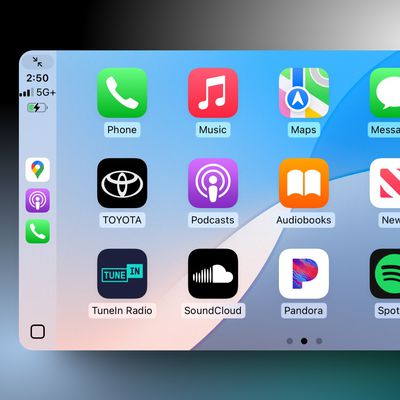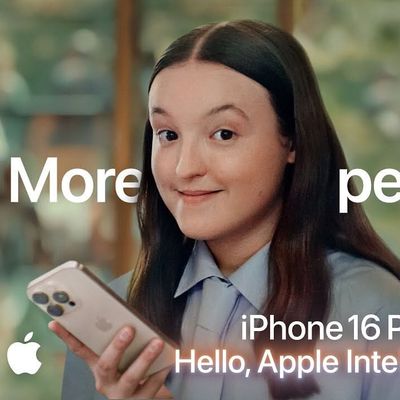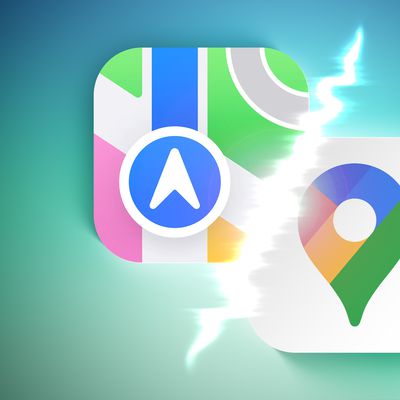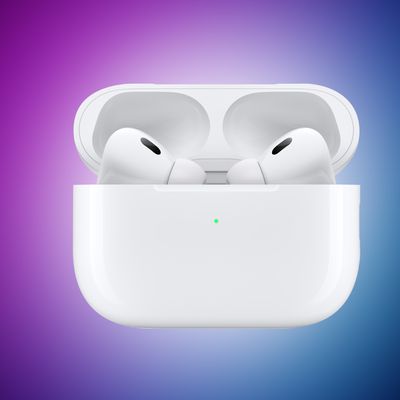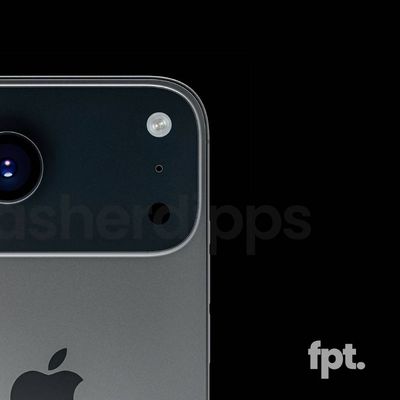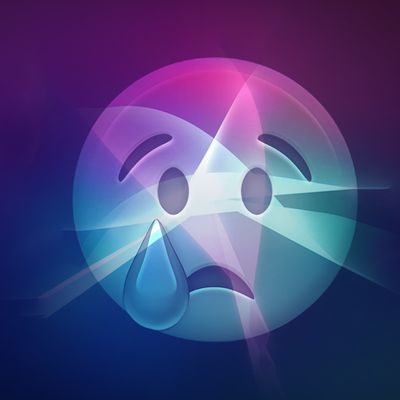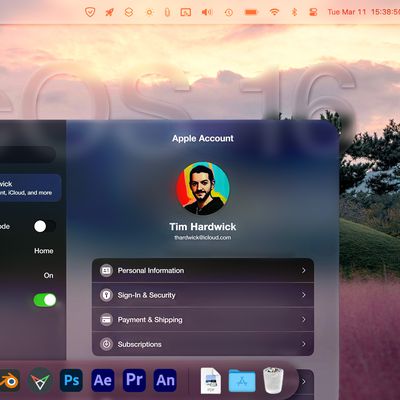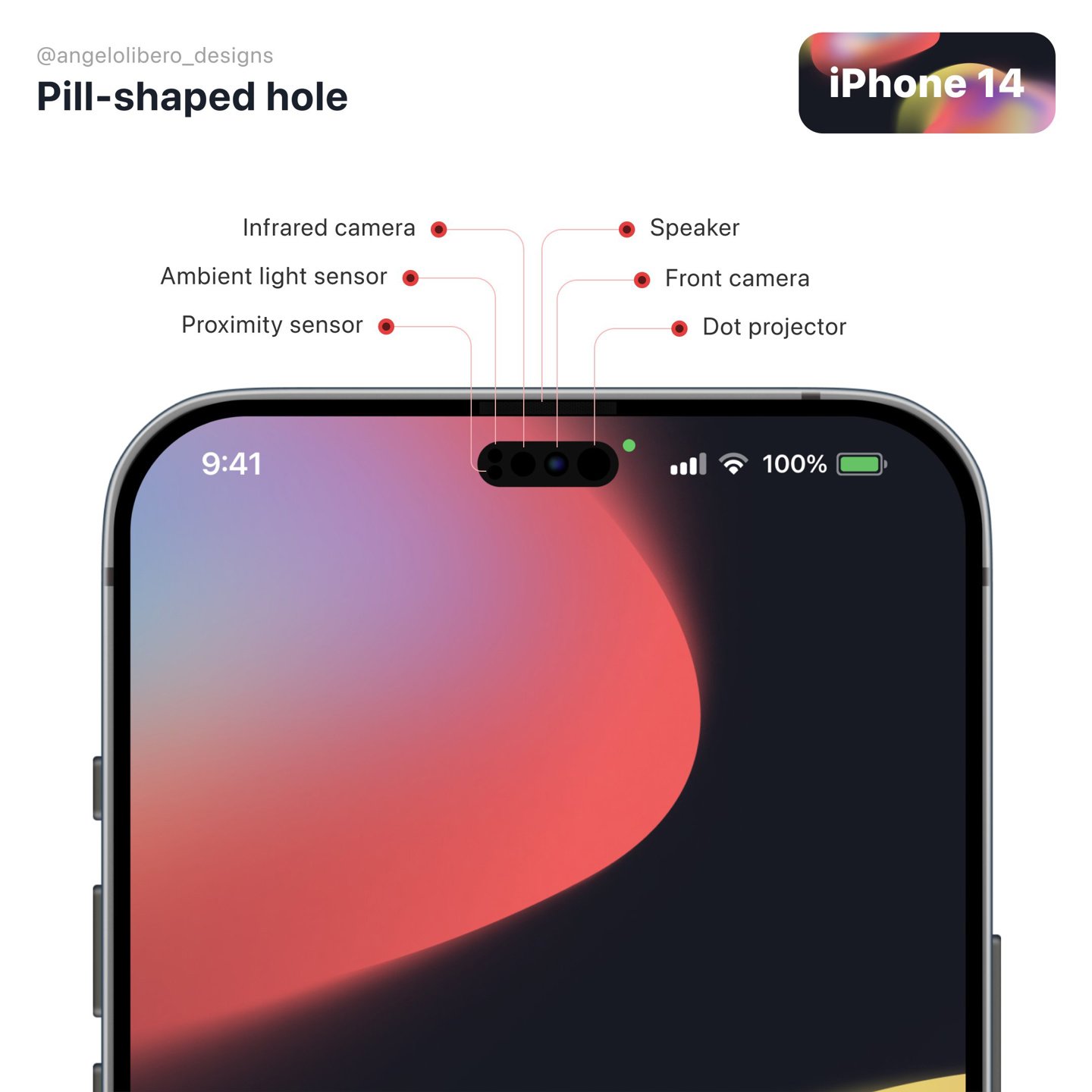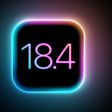The iPhone 14 Pro is among Apple's latest iPhone models and follows 2021's iPhone 13 Pro, but how different are the two successive high-end iPhone generations?
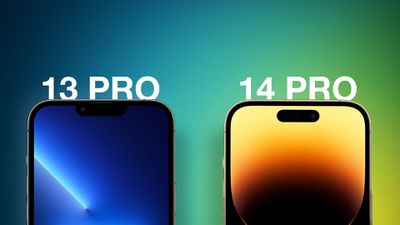
In 2021, Apple unveiled the iPhone 13 Pro as the successor to the popular iPhone 12 Pro, featuring ProMotion displays, an improved rear camera system, the A15 Bionic chip, longer battery life, and more. The iPhone 13 Pro and iPhone 13 Pro Max have now been discontinued by Apple, and as slightly older models, low prices can be found for the device at third-party resellers As such, some customers may be weighing up whether to upgrade to an iPhone 13 Pro or an iPhone 14 Pro.
As the iPhone 13 Pro and iPhone 14 Pro share a large number of features and the same fundamental design, should you consider buying or sticking with the iPhone 13 Pro to save money? Our guide helps to answer the question of how to decide which of these two iPhone models is best for you, and serves as a way to clearly see the differences that the iPhone 14 brings to the table.
Comparing the iPhone 13 Pro and iPhone 14 Pro
Although the iPhone 13 Pro and iPhone 14 Pro share most of their basic features, the iPhone 14 Pro offers a large number of notable upgrades over its predecessor, such as the A16 Bionic chip, an all-new "Dynamic Island," an always-on display, and significantly improved cameras.
Differences
iPhone 13 Pro and iPhone 13 Pro Max
- A15 Bionic chip
- Super Retina XDR display with 1,200 nits peak brightness (HDR)
- "Notch" TrueDepth camera array
- 12-megapixel main camera with ƒ/1.5 aperture
- 12-megapixel ultra wide camera with ƒ/1.8 aperture
- 12-megapixel telephoto camera with ƒ/2.8 aperture
- Sensor-shift optical image stabilization
- True Tone flash
- Cinematic mode for recording videos with shallow depth of field (1080p at 30 fps)
- 12-megapixel front-facing camera with ƒ/2.2 aperture
- Bluetooth 5.0
- Emergency SOS
- Up to 22 hours battery life during video playback
- eSIM optional
- 146.7mm height
- 7.65mm thickness
- Weight of 204 grams
- Available in Silver, Gold, Graphite, Sierra Blue, and Alpine Green
iPhone 14 Pro and iPhone 14 Pro Max
- A16 Bionic chip
- Super Retina XDR display with 1,600 nits peak brightness (HDR) and 2,000 nits peak brightness (outdoor)
- Always-On display
- TrueDepth camera array with Dynamic Island
- 48-megapixel main camera with ƒ/1.78 aperture
- 12-megapixel ultra-wide camera with ƒ/2.2 aperture
- 12-megapixel telephoto camera with ƒ/2.8 aperture
- Second-generation sensor-shift optical image stabilization
- Adaptive True Tone flash
- Cinematic mode for recording videos with shallow depth of field (4K HDR up to 30 fps)
- Action mode
- 12-megapixel front-facing camera with ƒ/1.9 aperture and autofocus
- Photonic Engine
- Bluetooth 5.3
- Emergency SOS via satellite
- Up to 23 hours battery life during video playback
- eSIM only (in the U.S.)
- 147.5mm height
- 7.85mm thickness
- Weight of 206 grams
- Available in Silver, Gold, Space Black, and Deep Purple
Final Thoughts
Overall, the iPhone 14 Pro is a fairly significant upgrade over the iPhone 13 Pro, introducing meaningful features like the Dynamic Island and the always-on display that provide new ways to interact with the device. The iPhone 14 Pro also brings major advancements to photography and videography in almost all areas, increasing the main camera's megapixel count for the first time since the iPhone 6S and introducing a new quad-pixel sensor, improving Cinematic mode and introducing Action mode, adding autofocus to the front-facing camera, enhancing low-light performance across the whole device with Photonic engine, and more. That is not to mention Emergency SOS via satellite, new color options, an additional hour battery life, and the A16 Bionic chip – Apple's first chip made with a 4nm fabrication process.
Due to the scale and breadth of these improvements, some iPhone 13 Pro users could justify upgrading to the iPhone 14 Pro if they highly value camera capabilities or simply like the Dynamic Island. Customers coming from an older model certainly have good reason to preference the latest "Pro" model over the iPhone 13 Pro.


